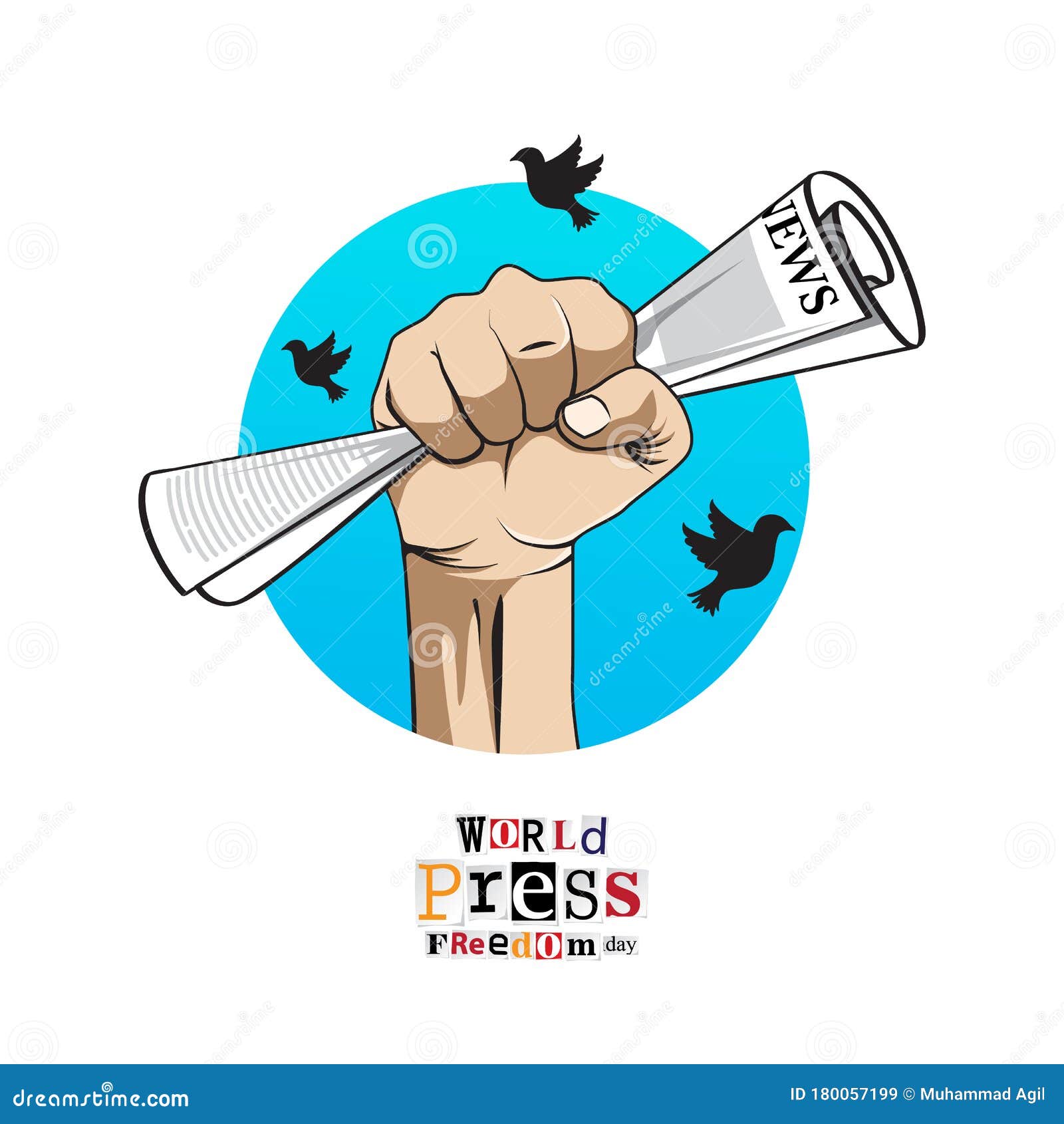In an age where the digital landscape is inundated with information, the significance of press freedom cannot be overstated. Each year, on May 3rd, the world commemorates UN World Press Freedom Day—a moment to reflect on the victories secured by journalists and the persistently looming threats against them. Engaging with the Bahá’í Faith presents an intriguing lens through which we can scrutinize the fundamental principles associated with this day, thereby urging society to express gratitude towards those who wield the pen and the microphone with responsibility and courage.
The Bahá’í teachings emphasize the pursuit of truth and the importance of knowledge. “The foundation of all human excellence,” these teachings posit, “is the search for truth, the pursuit of knowledge, and the respectful exchange of ideas.” This raises a thought-provoking question: how often do we pause to appreciate the individuals who lay bare the complex fabric of our society, challenging preconceived notions and historical inaccuracies? Journalists, akin to modern-day scribes, play a critical role in illuminating the narrative of humanity, often at great personal risk. Understanding their contribution calls for introspection on our part, asking us how we can better support the freedom of the press and recognize its essentiality in fostering an informed citizenry.
However, while we bask in the glow of admiration for reporters, it is pertinent to confront a substantial challenge: the erosion of press freedom in many parts of the globe. As outlined in various international charters and covenants, including Article 19 of the Universal Declaration of Human Rights, the freedom to seek, receive, and impart information is a cornerstone of democratic governance. Nevertheless, this ideal frequently finds itself besieged by censorship, violence, and governmental malfeasance. Such dichotomy invites a crucial dialogue, compelling society to reflect on its role in mitigating these challenges and defending those who endeavor to report the truth.
In exploring these dilemmas, one must acknowledge the multifaceted adversities faced by journalists today. In authoritarian regimes, questioning official narratives may lead to dire consequences, including imprisonment or more severe repercussions. Journalists who dare to tread on this perilous ground exemplify unyielding perseverance and integrity. Their efforts resonate profoundly with Bahá’í ideals, as they not only seek justice but also cultivate understanding and compassion through their narratives.
Furthermore, the proliferation of misinformation and disinformation in the digital sphere presents a formidable obstacle that society grapples with in its quest for truth. Social media platforms serve as dual-edged swords, offering avenues for dialogue yet simultaneously propagating falsehoods that threaten public understanding. The Bahá’í Faith encourages adherents to develop a discerning eye and think critically, ensuring the consumption and sharing of information aligns with the pursuit of truth. Therein lies an opportunity for collective action; by supporting credible journalism, individuals can become advocates for press freedom, thus playing a transformative role in countering misinformation.
The Bahá’í teachings also espouse unity in diversity, an essential tenet in recognizing the role of diverse voices in journalism. It is imperative to acknowledge that journalistic integrity is fortified not only by truthfulness but also by the inclusion of varied perspectives. As readers and consumers of news, fostering admiration for diverse narratives results in a richer understanding of human experiences across cultural and geographical borders. This embodies the Bahá’í principle of consultation, which advocates for collaboration and shared insights as a means to uplift humanity.
Moreover, which avenues exist for individuals to express gratitude towards reporters? Engaging with journalism through the lens of empathy beckons us to reflect on ways we can actively appreciate their contributions. This may involve supporting local news outlets, attending town hall meetings, or simply voicing our gratitude through social media platforms. Each of these actions constitutes a reaffirmation of the essential role journalists play in safeguarding democracy and promoting transparency.
In tandem with appreciation, it is essential to reiterate the call for advocacy. The Bahá’í community has historically championed the cause of social justice, positioning itself as a force for positive change. Individuals are encouraged to lend their voices to movements that seek to safeguard press freedom, furthering activism which emphasizes the value of an independent media. Whether through awareness campaigns, petitions, or community gatherings, collectively mobilizing efforts can create a formidable front to tackle threats against journalists.
The observance of UN World Press Freedom Day should transcend the confines of a single calendar date. The actions we undertake to uphold the sanctity of press freedom reverberate beyond this day, sculpting a future where truth and justice prevail. The Bahá’í teachings remind us that each encounter with knowledge is an opportunity for personal development and societal growth. Journalists, as purveyors of truth, nurture our capacity to engage thoughtfully with the complexities of life. As we navigate the realities of our contemporary world, may we emphasize gratitude, support, and advocacy for the singular pursuit of freedom in journalism—a noble endeavor that reflects our collective aspiration towards unity and understanding.
In conclusion, World Press Freedom Day serves not merely as a commemoration, but as a clarion call for conscious action. As adherents of the Bahá’í teachings, the obligation lies with each individual to foster environments that celebrate the boldness of reporters and safeguard the principles of free expression. This unwavering commitment to truth, rooted in respect and mutual understanding, will indubitably elevate the human experience and encourage the blossoming of a more engaged and informed society.
